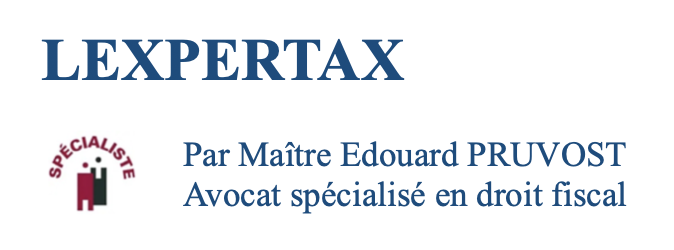VAT: calculation, rate, declaration and payment
– Definition of VAT
– Calculation of VAT
– VAT Rates
– VAT Declaration
– Paying VAT
– Best Practices in VAT
Definition of VAT
Value Added Tax (VAT) is an indirect tax on consumption imposed on most goods and services purchased by consumers. It is applied throughout the production and distribution chain of goods and services. VAT is generally included in the final price of the product or service and is then remitted by the collecting businesses to the tax authorities. Businesses can recover the VAT paid on their own professional purchases by deducting this amount from the VAT they have collected from their customers.
Calculation of VAT
The amount of VAT is calculated based on the applicable VAT rate multiplied by the net price of the goods or services in question.
The applicable VAT rate depends on the nature of the activity and the tax legislation in force in the respective country. In some countries, there are multiple VAT rates applicable depending on the nature of the goods or services.
For example, if a product costs 100 euros excluding tax (ET) and the applicable VAT rate is 20% (as in the case of France), the VAT amount will be 20 euros (100 euros ET x 0.20 = 20 euros inclusive of VAT). The total price (inclusive of all taxes) will be 120 euros.
VAT rate
In France, there are several applicable VAT rates depending on the goods or services sold:
- The standard rate of 20% applies to most goods and services
- The reduced rate of 10% applies to certain goods and services (e.g., non-reimbursable medicines, certain products for animal feed, firewood…)
- The reduced rate of 5.5% applies to certain goods and services considered essential (e.g., certain food products)
- The special rate of 2.1% is reserved for press and online press publications, contributions to public broadcasting, medicines reimbursed by social security, medicines subject to temporary authorization, blood products, the first 140 theatrical or circus performances, and sales of butcher and delicatessen animals to non-subjects.
There are also exemptions and special cases for certain goods or services subject to different VAT rates.
VAT declaration
In France, the VAT declaration depends on the tax regime of each company:
- VAT exemption: If the company’s exclusive tax turnover does not exceed certain thresholds, it may benefit from VAT exemption and therefore has no VAT declaration to make.
- Simplified Tax System (RSI): If the company’s exclusive tax turnover is between certain thresholds, it must make two VAT installments in July and December of each year and electronically file a CA12 declaration summarizing all its taxable transactions for the previous calendar year.
- Normal Tax System (RN): If the company’s exclusive tax turnover exceeds certain thresholds, it must electronically file a VAT declaration (CA3) every month or quarter, on which it calculates the VAT due during the previous month or quarter.
It is important to comply with the deadlines and procedures for VAT declaration to avoid late penalties or tax adjustments.
Pay VAT
In France, the VAT can be paid in different ways, including:
- By monthly direct debit: The payment is automatically debited from the company’s bank account each month.
- By bank transfer: The company can make a direct monthly, quarterly, or annual bank transfer depending on its VAT situation.
- By credit card: The company can pay VAT by credit card by logging into its professional account on impots.gouv.fr and following the instructions.
- By check: The company can send a check made out to the Trésor Public, along with the corresponding VAT declaration, to the address indicated on the declaration.
It is important to meet the deadlines for VAT payment to avoid late penalties. The payment deadlines depend on the tax regime and are indicated on the VAT declarations.
Good practices regarding VAT
Here are some best practices for businesses regarding VAT:
- Understand VAT rules: It’s important to understand the applicable VAT rules and rates for your business to ensure that you collect and report VAT correctly.
- Keep accounting records up to date: Maintaining accurate and up-to-date records of business transactions, including purchase and sales invoices, bank statements, and expense receipts, can facilitate VAT reporting.
- Consult a tax lawyer: If you’re unsure about your VAT regime or how to collect and report VAT for your business, it’s advisable to consult a tax lawyer for guidance on complying with tax rules and avoiding costly mistakes.
- Stay informed about regulatory changes: Tax rules may change, so it’s essential to stay informed about changes and adapt accordingly to avoid fines or penalties.
- Use accounting software: Using accounting software can streamline the process of collecting and reporting VAT, helping to prevent calculation errors.
In summary, VAT is an important aspect of financial management for businesses in France, and it’s crucial to understand applicable tax rules, keep accounting records up to date, consult experts, and stay informed about regulatory changes to avoid issues with the tax authorities.
If you want to get advice on VAT, fill out our contact form, and a VAT specialist lawyer will get back to you promptly.
